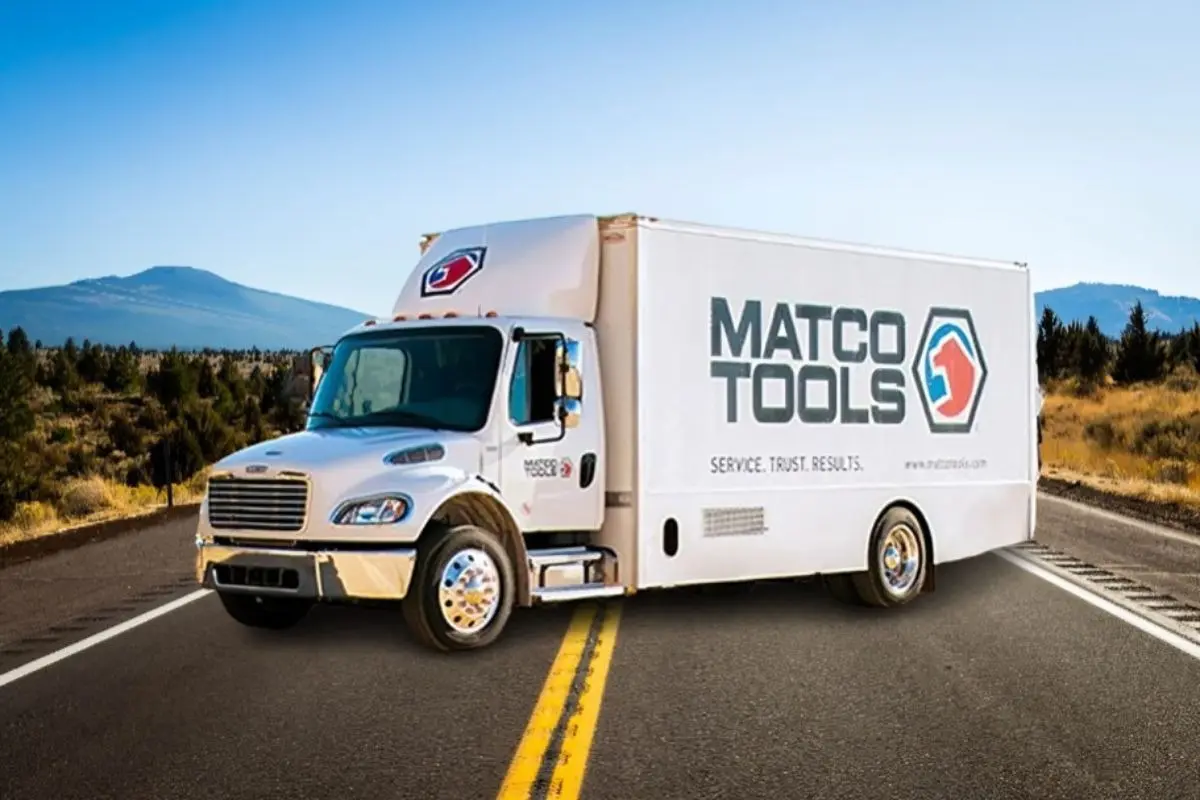Matco Franchise Failure Rate: Insights for Prospective
When considering a franchise opportunity, one of the most crucial factors to examine is the franchise failure rate. For those interested in the automotive tool and equipment industry, Matco Tools is often a name that comes up. In this article, we’ll dive deep into the Matco franchise failure rate, exploring various aspects that contribute to success or failure in this business model.
What is Matco Tools?
Before we delve into the Matco franchise failure rate, let’s briefly introduce the company:
- Matco Tools is a manufacturer and distributor of automotive tools and equipment
- Founded in 1946, it became a subsidiary of Fortive Corporation in 2016
- Offers a mobile franchise model where franchisees operate tool trucks
- Known for its wide range of professional-grade tools and diagnostics equipment
The Importance of Understanding Franchise Failure Rates
Examining the Matco franchise failure rate is crucial for several reasons:
- Helps potential franchisees assess the risk involved
- Provides insights into the overall health of the franchise system
- Allows comparison with other franchise opportunities in the automotive sector
- Identifies potential challenges and success factors in the business model
Analyzing the Matco Franchise Failure Rate
Official Data and Disclosure
When researching the Matco franchise failure rate, it’s important to note that exact figures can be challenging to obtain. Franchise companies are required to disclose certain information in their Franchise Disclosure Document (FDD), but the specific presentation of failure rates may vary.
What to Look for in the FDD:
- Number of franchises opened and closed during a specific period
- Reasons for franchise terminations or non-renewals
- Franchisee turnover rates
It’s crucial to carefully review Matco’s most recent FDD for the most up-to-date information on franchise performance and potential failure rates.
Industry Comparisons
To put the Matco franchise failure rate into perspective, it’s helpful to compare it with industry averages:
- The automotive franchise sector generally has lower failure rates compared to some other industries
- Mobile tool distribution franchises like Matco often have different dynamics compared to fixed-location businesses
When evaluating the Matco franchise failure rate, consider how it stacks up against direct competitors such as Snap-on Tools and Mac Tools.
Factors Influencing the Matco Franchise Failure Rate
Several factors can impact the success or failure of a Matco franchise:
- Initial Investment
- The cost to start a Matco franchise can be substantial
- Higher initial investments may lead to increased financial pressure on new franchisees
- Territory and Market Saturation
- The quality of the assigned territory can significantly affect success
- Oversaturation in certain markets may contribute to higher failure rates
- Economic Conditions
- The automotive industry can be sensitive to economic fluctuations
- Economic downturns may lead to increased Matco franchise failure rates
- Franchisee Experience and Skills
- Prior experience in sales or the automotive industry can be beneficial
- Strong interpersonal and business management skills are crucial
- Support from Matco
- The quality of training, ongoing support, and marketing assistance provided by Matco can influence success rates
- Competition
- The presence of other tool distributors in the area can impact a franchise’s performance
- Online retailers and big-box stores may also affect the Matco franchise failure rate
Interpreting Matco Franchise Failure Rate Data
When examining any data related to the Matco franchise failure rate, keep these points in mind:
- Look at trends over time rather than focusing on a single year’s data
- Consider the reasons behind franchise closures (e.g., retirement vs. financial difficulties)
- Evaluate the number of new franchises opened alongside those that have closed
Red Flags to Watch For
While analyzing the Matco franchise failure rate, be aware of these potential warning signs:
- A consistently high turnover rate compared to industry averages
- A significant number of franchisees leaving the system before their contracts expire
- Lack of transparency or difficulty in obtaining clear failure rate information
Success Stories and Testimonials
To balance the discussion on the Matco franchise failure rate, it’s important to consider success stories:
- Look for long-term Matco franchisees and their experiences
- Seek out testimonials from franchisees in various markets and with different backgrounds
- Consider both financial success and overall job satisfaction in these accounts
Remember that while success stories are encouraging, they should be viewed alongside failure rate data for a comprehensive picture.
Mitigating Risks: Strategies to Avoid Becoming Part of the Matco Franchise Failure Rate
For those considering a Matco franchise, here are some strategies to improve chances of success:
- Thorough Due Diligence
- Carefully review the FDD and all available financial information
- Speak with current and former Matco franchisees about their experiences
- Adequate Capitalization
- Ensure you have sufficient capital to cover both initial investments and ongoing expenses
- Plan for potential slow periods, especially in the first year of operation
- Leverage Matco’s Training and Support
- Take full advantage of initial and ongoing training programs
- Utilize marketing and operational support offered by Matco
- Develop Strong Customer Relationships
- Build a loyal customer base through excellent service and reliability
- Understand the needs of local automotive professionals in your territory
- Efficient Inventory Management
- Maintain a well-balanced inventory to meet customer demands without overextending financially
- Utilize Matco’s inventory management tools and guidance
- Adapt to Market Changes
- Stay informed about industry trends and new technologies
- Be willing to adjust your product offerings and sales strategies as needed
The Role of Matco in Reducing Franchise Failure Rates
Matco Tools has a vested interest in the success of its franchisees. Here are some ways the company works to minimize the Matco franchise failure rate:
- Providing comprehensive initial training programs
- Offering ongoing support and education for franchisees
- Continuously updating product lines to meet market demands
- Assisting with marketing and promotional efforts
- Providing tools for financial management and business analysis
Alternative Perspectives on the Matco Franchise Failure Rate
It’s important to consider different viewpoints when evaluating the Matco franchise failure rate:
Positive Outlook
- Matco’s long history and established brand may contribute to lower failure rates
- The mobile business model allows for flexibility and potential cost savings
Critical Considerations
- High initial investment may increase financial risk for new franchisees
- Dependence on the automotive industry can make franchises vulnerable to economic downturns
Comparing Matco Franchise Failure Rate to Other Opportunities
To gain a broader perspective, consider how the Matco franchise failure rate compares to:
- Other automotive tool franchises (e.g., Snap-on, Mac Tools)
- General automotive service franchises
- Non-automotive retail franchises
- Independent business startups in similar industries
This comparison can help potential franchisees gauge the relative risk and potential of a Matco franchise.
The Future Outlook: Factors That May Influence the Matco Franchise Failure Rate
Several trends and factors could impact the Matco franchise failure rate in the coming years:
- Increasing adoption of electric vehicles and its effect on traditional automotive tools
- Growth of online sales and its impact on mobile tool distribution
- Advancements in diagnostic technology and the need for specialized tools
- Economic forecasts and their potential influence on the automotive industry
Staying informed about these trends can help current and prospective Matco franchisees adapt and potentially avoid becoming part of the failure rate statistics.
Conclusion
Understanding the Matco franchise failure rate is essential for anyone considering this business opportunity. It involves reviewing Matco’s Franchise Disclosure Document (FDD), comparing failure rates to industry standards, and considering risk factors and strategies for success. Engaging with current and former franchisees and evaluating personal fit with the Matco franchise model are also critical steps. While the failure rate is a key factor, it should be considered alongside other aspects of the franchise evaluation to make an informed decision. Success depends on a combination of individual skills, market conditions, and the franchise system’s strength.







